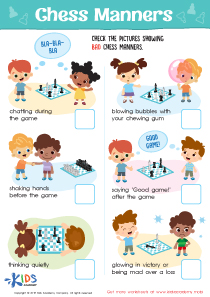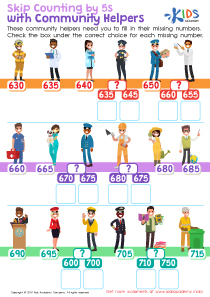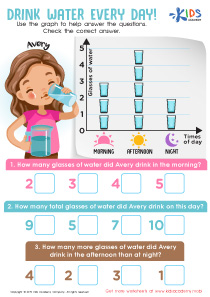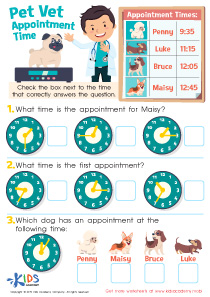Logical Reasoning Normal Grade 2 Math Worksheets
6 filtered results
-
From - To
Unlock your child's mathematical potential with our Logical Reasoning Normal Grade 2 Math Worksheets! Designed specifically for second graders, these engaging worksheets focus on enhancing critical thinking and problem-solving skills. By solving puzzles and logic games, students will learn to apply mathematical concepts in real-world scenarios. Our resources cater to various learning styles, promoting creativity while reinforcing essential math fundamentals. Parents and educators will appreciate the useful teaching tips provided. Perfect for in-class activities or at-home learning, these worksheets are a fantastic way to make mathematics fun and accessible! Empower your child today with our thoughtfully designed logic-based exercises.


Enrichment -2 Step Word Problems Worksheet
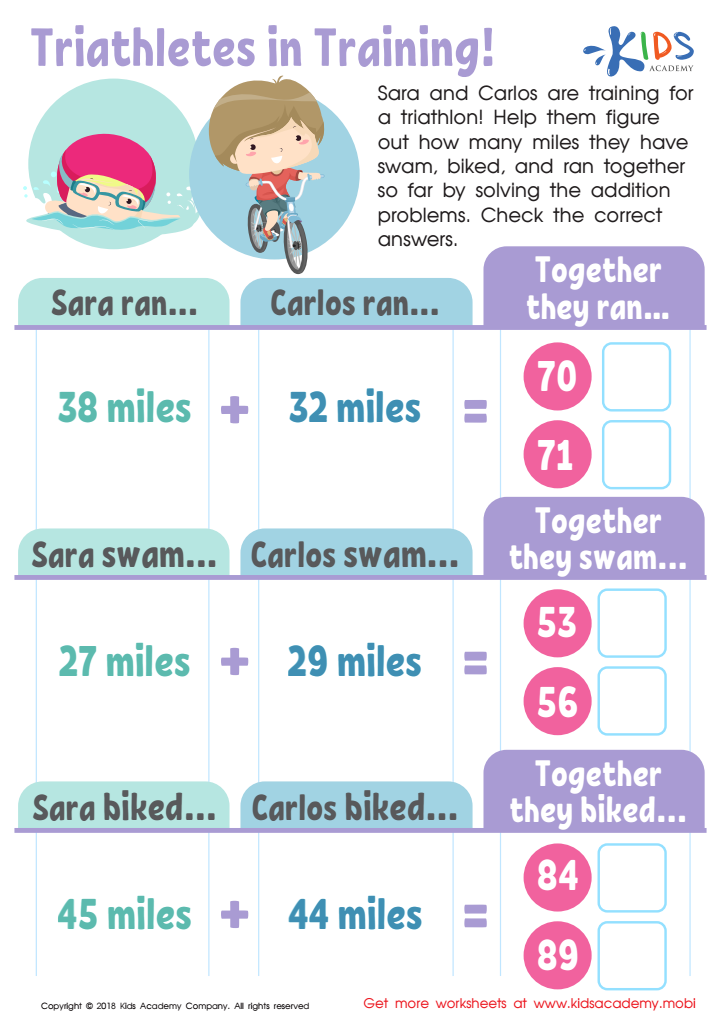

Triathletes in Training Worksheet


Solve the Problem: Trick–or–treating Worksheet


Word Problems: Assessment 2 Worksheet


Addition and Subtraction: Word Problems Worksheet
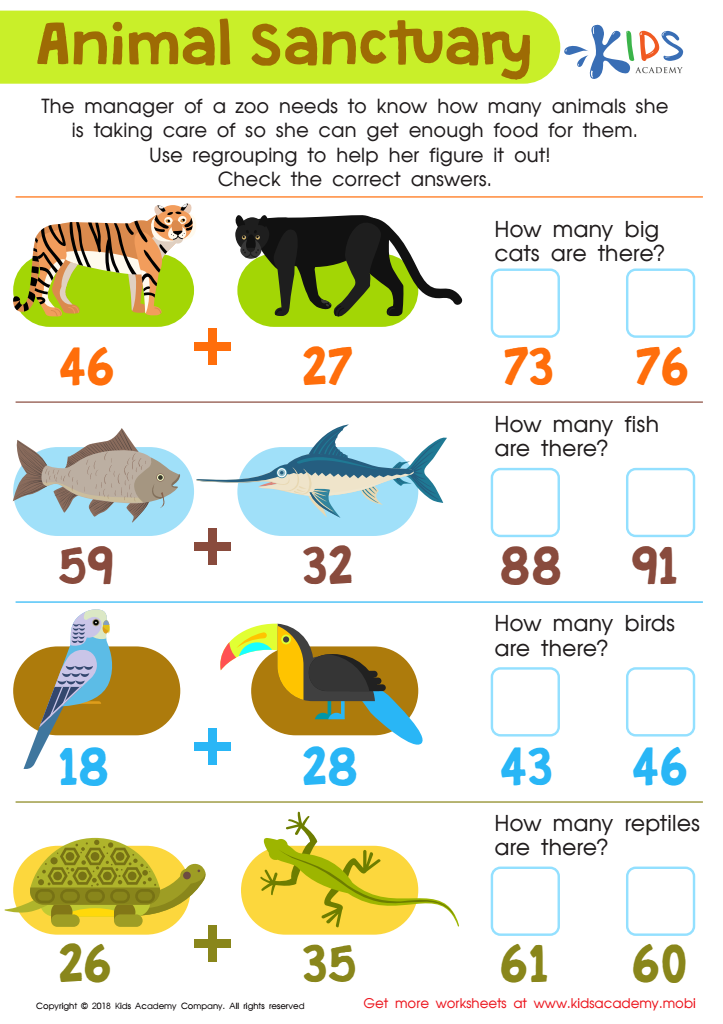

Animal Sanctuary Worksheet
Logical reasoning is a fundamental skill that promotes critical thinking and problem-solving abilities in young learners, making it essential for both parents and teachers to prioritize in Grade 2 math. At this stage, children are developing the ability to connect ideas and concepts, which is key for their overall cognitive development. Engaging in logical reasoning helps students make sense of patterns, relationships, and numerical data, fostering a deeper understanding of mathematics beyond rote memorization.
Moreover, mastering logical reasoning skills prepares children for more complex mathematical concepts encountered later in their education. When children learn to apply reasoning to mathematical problems, they develop confidence in their ability to tackle challenges independently. This skill does not only benefit math but applies across all subjects and in everyday situations.
Additionally, logical reasoning encourages perseverance and resilience, as students learn to approach problems systematically and consider multiple solutions. Parents and teachers can empower students by creating an environment that nurtures inquiry and exploration, demonstrating the relevance of logical reasoning in real-life scenarios. By emphasizing the importance of this skill, we facilitate not just academic success, but also equip children with essential tools for becoming thoughtful, analytical individuals.
 Assign to My Students
Assign to My Students












